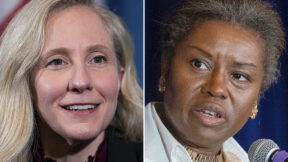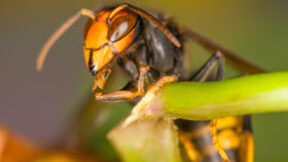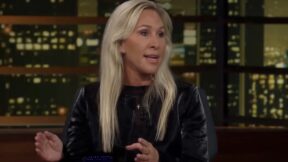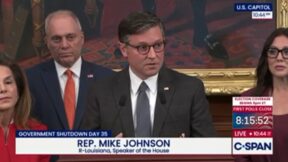Reuters Touts Unverified Study That Says Exposure to Mosquito-Borne Dengue Fever Maybe Might Be Tied to Coronavirus Immunity
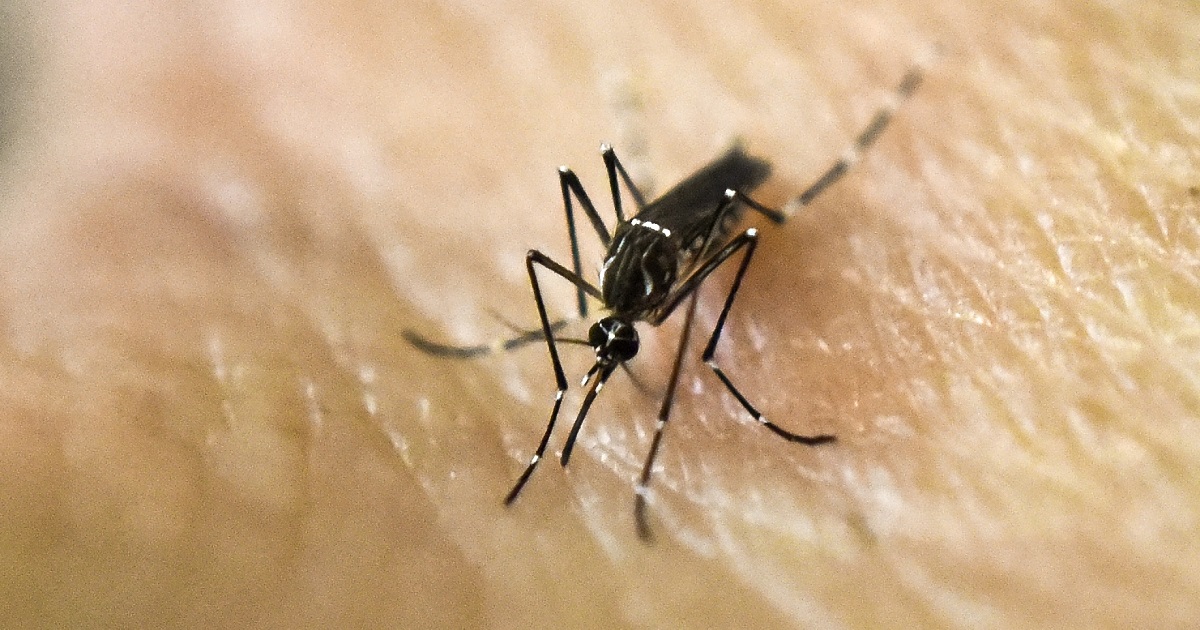
Luis Robayo/Getty Images
Reuters is carrying an “exclusive” report on an unverified study that “suggests dengue may provide some immunity against COVID-19” which touts the potential that the mosquito-borne infection may be tied to combating the coronavirus. What could go wrong?
In an environment in which President Donald Trump has previously hyped premature remedies to the coronavirus as varied as hydroxychloroquine and injections of household disinfectants, Reuters’ headline — Exclusive: Study suggests dengue may provide some immunity against COVID-19 — might be a bit of an oversell given the study’s fine print and the penchant of some to seize on any shred of hope for an easy way out of the pandemic.
For example, the study has not been published or peer-reviewed, and was “shared exclusively with Reuters.”
And as the headline suggests, the study merely suggests the possibility of a potential link to past exposure to dengue fever and a possible immune response of some sort to coronavirus by correlating geographic areas with past dengue outbreaks with those that have had slower coronavirus spread.
Places with lower coronavirus infection rates and slower case growth were locations that had suffered intense dengue outbreaks this year or last, Nicolelis found.
“This striking finding raises the intriguing possibility of an immunological cross-reactivity between dengue’s Flavivirus serotypes and SARS-CoV-2,” the study said, referring to dengue virus antibodies and the novel coronavirus.
“If proven correct, this hypothesis could mean that dengue infection or immunization with an efficacious and safe dengue vaccine could produce some level of immunological protection” against the coronavirus, it added.
That’s a lot of ifs, not the least of which is that the first dengue vaccine approved by the FDA has some serious problems:
Drug maker Sanofi says that its dengue vaccine, the world’s first, should only be given to people who have previously been sickened by the virus, according to new long-term data.
In a statement, Sanofi said it had recently examined six years of patient data. Scientists concluded that while the vaccine protects people against further infection if they’ve already been infected with dengue, that’s not the case for people who haven’t previously been sickened by the disease.
“For those not previously infected by dengue virus…the analysis found that in the longer term, more cases of severe disease could occur following vaccination,” Sanofi said. “These findings highlight the complex nature of dengue infection.”
As a result, the FDA has only approved the vaccine “for use in individuals 9 through 16 years of age with laboratory-confirmed previous dengue infection and living in endemic areas.”
There are also serious drawbacks to contracting dengue fever, including death.
Time will tell if this research establishes the link it suggests, but for now it’s way too early to start farming dengue mosquitoes in your rec room.
